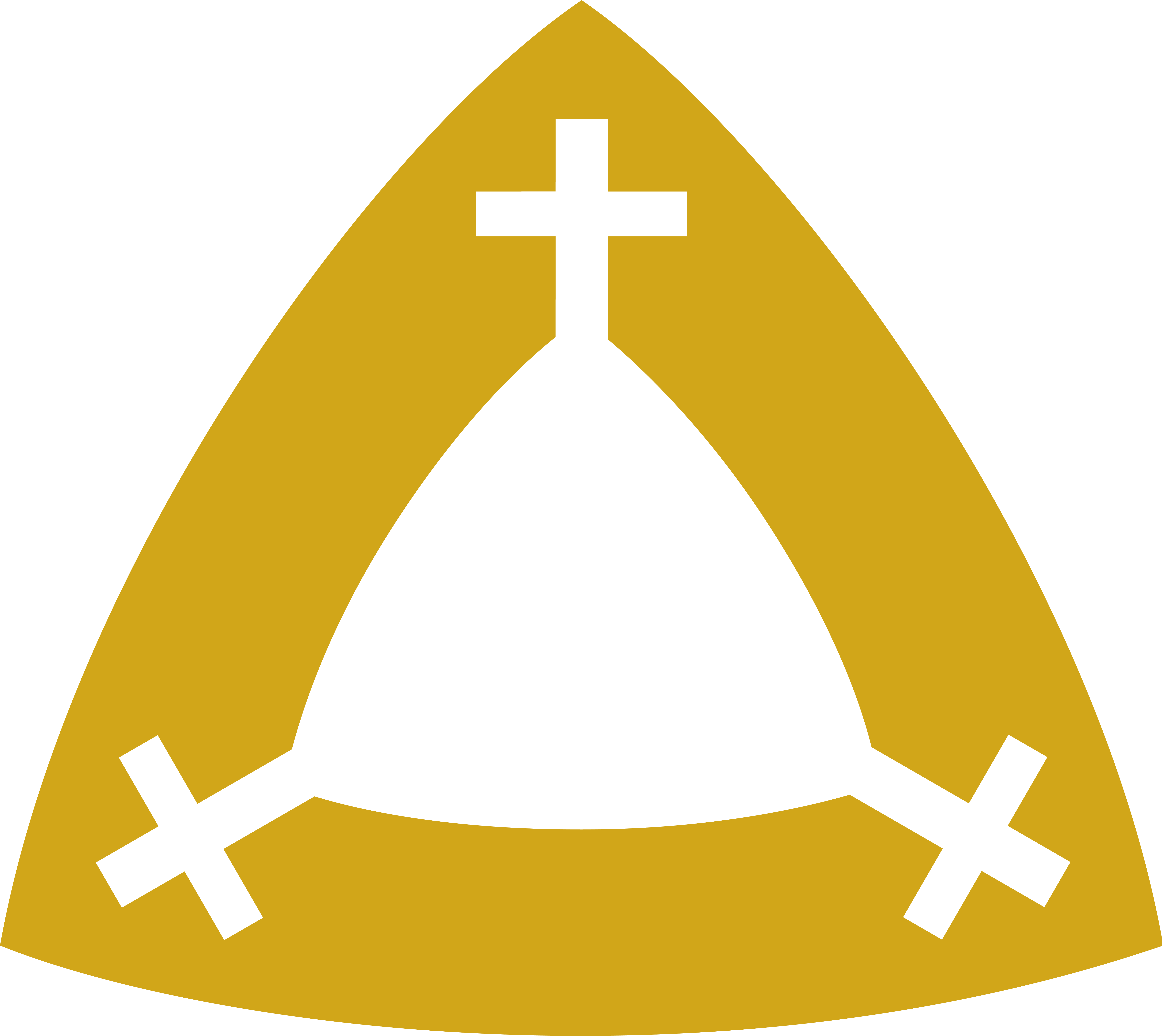Even with thorough preparation, unforeseen situations can arise. Here are some of the most common scenarios – and how to handle them.
Everyday Life
Living abroad brings many new experiences, but it also involves numerous practical responsibilities related to daily life. To ensure a smooth stay, it is worth paying attention to areas that will form the foundation of your everyday life – from cultural adaptation and financial matters to managing family-related issues.
Adaptácia & kultúrny šok
The first days and weeks in a new environment are often a mix of excitement and confusion. Experiencing culture shock is natural – and just as natural is that it usually fades over time.
Practical Tips
-
Don’t be alarmed if you feel lost – the adaptation phase can last several weeks.
-
Observe more, compare less – every culture has its own logic.
-
Communicate – if you don’t understand something, ask. Contrary to stereotypes, locals often appreciate genuine interest.
-
Establish routines – regular meals, physical activity, and familiar places support your mental well-being.
-
Seek out a community – local Slovak communities, Erasmus groups, or research clubs can provide valuable support.
Things to Watch Out For & How to Handle Problems
| Loss/Theft of Documents | Report to the police and contact your embassy or Slovak consulate. Outside the EU, it is advisable to have a copy of your passport stored in the cloud. |
| Health Issues | Within the EU, use your EHIC card (blue card). In other countries, follow the terms of your insurance coverage. |
| Loss of Bank Card | Block it immediately via your banking app (Revolut, N26, etc.) and then contact your bank. |
| Accommodation Problems | Contact the university or host institution. For private rentals, always refer to your rental agreement. |
| Feelings of Loneliness or Mental Distress | Reach out to university support services, buddy programs, ESN, or psychological counseling. Talk about it – it is normal. |
Bank Account and Finances
One of the practical matters you will need to address immediately upon arrival is setting up a bank account. Many institutions require that your salary or scholarship be deposited into a local bank account. To open an account, you will typically need a valid passport or ID card, and often proof of accommodation or an employment contract.
If you plan to stay abroad long-term, it is also worthwhile to explore options for international transfers, fees, and ATM withdrawals. Some banks offer specialized products for students and researchers, which can help you save a significant amount of money.
Mobilní operátori a komunikácia
Family and Accompanying Members
For long-term stays, family members often accompany you. In some cases, it is even possible to receive support for them, particularly in the context of scholarships. The conditions and amount of support are usually specified in the application calls.
If your family is joining you, make sure to check their health and social insurance coverage. It is equally important to verify options for enrolling children in schools or kindergartens in the host country. Before departure, obtain information from your child’s school in Slovakia – this will help you understand how their studies will be recognized abroad and under what conditions they can advance to the next grade.
Language courses may also be available for family members to facilitate integration and daily life. Useful information can be found not only on the EURAXESS centre’s website in the host country but also through Slovak diplomatic missions.
Useful Apps
Nie všetko treba zvládnuť sám. Tieto appky alebo webstránky ti môžu uľahčiť každodenné fungovanie – kdekoľvek v Európe (a často aj mimo nej).
| Category | Apps and Websites |
| Navigation & Transportation | Google Maps, Citymapper, Rome2Rio, Moovit |
| Shared Transport & Taxis | Bolt, Uber, Free Now, BlaBlaCar |
| Trains and Buses | Trainline, FlixBus, Deutsche Bahn, ÖBB |
| Language & Communication | Google Translate, DeepL, Duolingo, HelloTalk |
| Accommodation | Airbnb, Booking, Uniplaces |
| Life Abroad | Culture Trip, Atlas Obscura, Visit A City |
Zo života v zahraničí
Niekedy jedna osobná skúsenosť povie viac než všetky príručky. Prečítajte si, ako študenti a zamestnanci našej univerzity prežívali svoj pobyt v zahraničí – čo ich prekvapilo, čo im pomohlo zvládnuť ťažšie chvíle, ale aj čo si z mobilít odniesli do života

